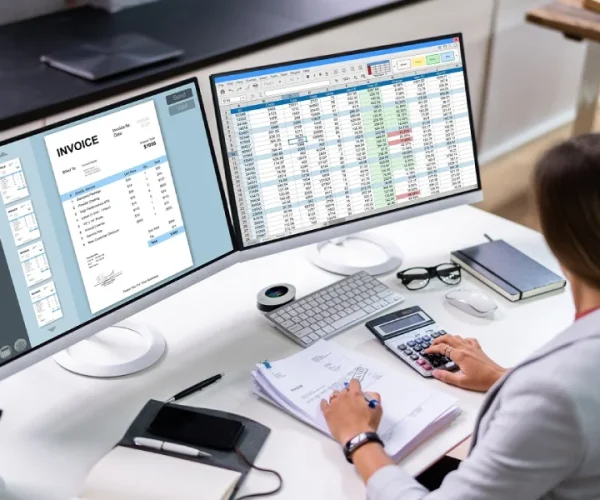
Talk To Our Experts
Fill out the below form, and we will get back to you shortly.
Remote Patient Monitoring For Better Care
Managing chronic illnesses or post-hospitalization care can be challenging, especially when patients need continuous monitoring. Studies show that hospitals using remote health monitoring have seen a 38% reduction in hospital readmissions—a big help for both patients and providers. With remote patient monitoring, hospitals and clinics can track patients' health in real-time without requiring them to visit the facility frequently. This means fewer hospital readmissions, faster interventions, and better care for patients with chronic conditions.
MedPhoenix RCM provides remote patient monitoring services that help healthcare providers stay connected with their patients 24/7. Using medical monitoring devices and telemedicine monitoring technology, we ensure vital signs are continuously tracked, giving providers the data they need to make informed decisions. Our end-to-end support includes device setup, data analysis, and smooth integration with your existing workflows.
Bringing Healthcare to Your Fingertips
- Complete patient data tracking
- Real-time health monitoring
- 24/7 patient support
- Fast device integration
- Early risk detection
- Secure data transmission
- Compliance with healthcare standards
- Detailed patient reports
- Reduce hospital readmissions
- Improve patient engagement
Frequently Asked Questions
Yes, remote patient monitoring services follow strict HIPAA regulations to protect patient data. Telemedicine monitoring technology uses encryption to keep patient information secure. Healthcare providers using remote health monitoring ensure compliance with industry standards for privacy and security.
Providers can bill insurance for remote patient monitoring services using designated CPT codes. Remote monitoring of patients ensures providers get reimbursed for tracking health remotely. Many insurance companies now recognize telemedicine monitoring technology as an essential part of patient care.
Remote patient monitoring services are ideal for chronically ill patients, post-surgical recovery, and elderly care. Remote health monitoring helps healthcare providers detect health risks early. At MedPhoenix RCM, we assist providers in integrating patient monitoring solutions for improved care.
Yes, most remote patient monitoring systems require internet or cellular connectivity for real-time data transmission. Telemedicine monitoring technology ensures secure and seamless communication. Some medical monitoring devices store data offline and sync it once connected.
Remote monitoring of patients is used for chronic conditions like hypertension, diabetes, and heart disease. Healthcare providers utilize medical monitoring devices to detect irregularities early, preventing complications. Many hospitals and clinics rely on remote patient monitoring services for better patient outcomes.
In remote health monitoring, patients use medical monitoring devices at home to measure vitals like blood pressure, heart rate, and oxygen levels. This data is sent through telemedicine monitoring technology to healthcare providers, enabling timely interventions. Remote patient monitoring improves patient care by ensuring continuous tracking.
Remote patient monitoring allows healthcare providers to track patients’ health in real time using medical monitoring devices. It reduces unnecessary hospital visits and ensures early detection of health issues. MedPhoenix RCM offers seamless remote patient monitoring services to help providers manage patients efficiently.
Step-by-Step Remote Patient Monitoring Workflow

Patient Enrollment
We onboard patients into our remote patient monitoring program, ensuring eligibility and compliance.
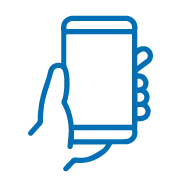
Device Provisioning
Patients receive medical monitoring devices tailored to their health needs.
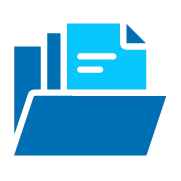
Data Collection
Our system continuously gathers real-time data through remote health monitoring technology.
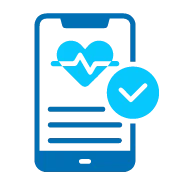
Telemedicine Monitoring
Providers access patient data via telemedicine monitoring technology for proactive care.
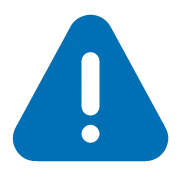
Alerts & Intervention
Immediate alerts notify providers of critical changes, allowing timely intervention.
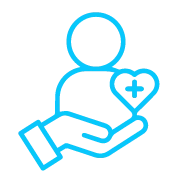
Patient Engagement
We educate patients on remote monitoring of patients, improving adherence and health outcomes.
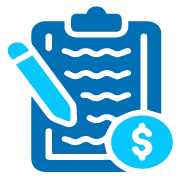
Reporting & Billing
Comprehensive reports are generated, ensuring smooth claim submissions for remote patient monitoring services.
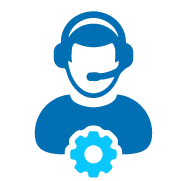
Ongoing Support
Our team offers continuous tech and clinical support, ensuring seamless patient monitoring.
Stay Informed With Our Latest Remote Patient Monitoring Blogs & Updates



- March 7, 2025
The Ultimate Guide to Medical Billing
Medical billing is the process of making healthcare reports that doctors and provider organizations can send to insurance companies to get paid for the medical.

- March 7, 2025
NPI Type 1 vs. NPI Type 2.
A NPI can be either Type 1 for a single healthcare worker or Type 2 for a healthcare group.Type 1 and type 2 NPIs are.

- March 7, 2025
Guide To Authorization In Medical Billing
Authorization is the process of getting approval for a medical service or procedure before it is given. This is done to ensure that the service.
